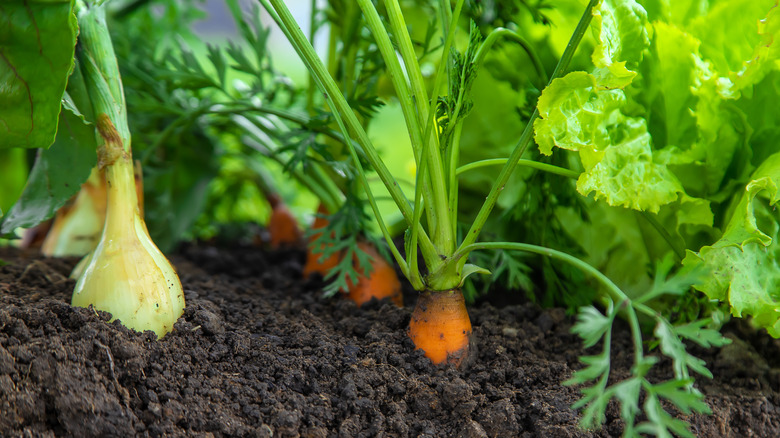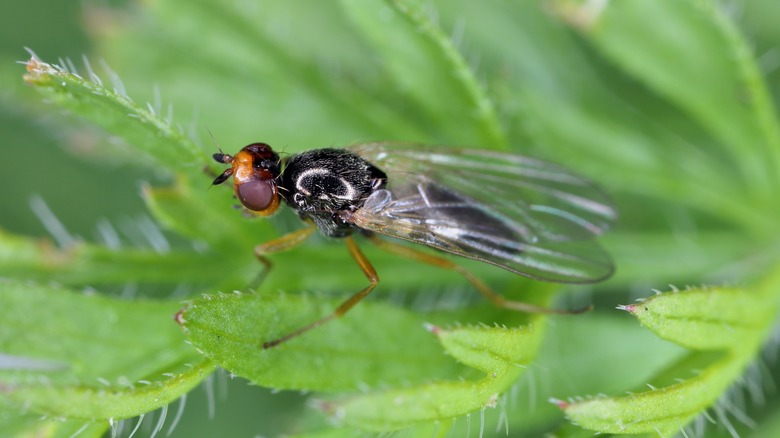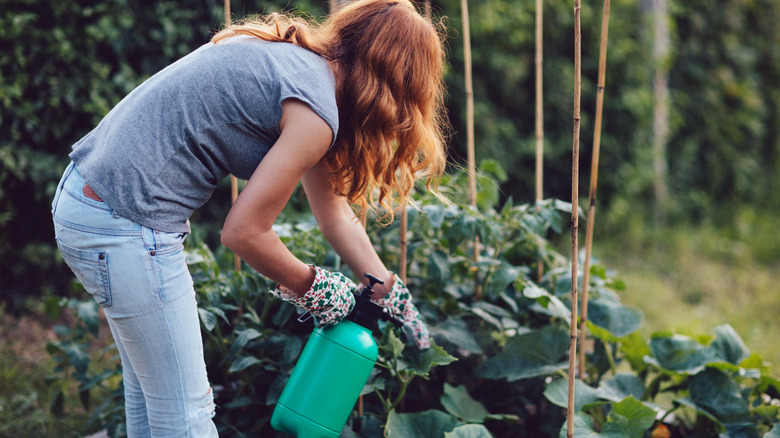The Benefit Of Planting Onions Next To Carrots In Your Garden
As you cultivate your garden, you may begin to realize the importance of companion planting, an age-old practice that pairs specific plants together for mutual benefits. This technique is designed to manage pests as well as other nuisances that emerge in the garden. In the specific case of onions and carrots, their symbiotic relationship offers a unique advantage. The strong, pungent scent released by each plant serves to deter specific pests that are commonly attracted to the other. This natural defense mechanism enhances their ability to coexist and flourish.
However, companion planting goes beyond mere pest control. When you plant onions next to carrots, you efficiently use garden space and cultivate a dynamic mini-ecosystem where each plant aids the other. In essence, the plants act as guardians for each other, enhancing their likelihood of healthy growth and a hearty harvest. This synergy leads to more robust individual plants and higher yields for your garden as a whole. To truly optimize this harmonious relationship, it's crucial to educate yourself about the specific pests that each plant attracts and the most effective ways to deter or eliminate them. Thus, you can enjoy the full benefits of this symbiotic pairing, leading to a thriving, more resilient garden.
Both onions and carrots deter pests
Pests can be a nightmare for gardeners trying to cultivate healthy carrot crops. One such pest is the carrot fly, which measures up to 8 mm in length and has a slender, dark body and a shiny, reddish-colored head, making it difficult to spot. These pests strategically deposit their eggs in the soil adjacent to the carrot plants, usually at the base, and the larvae that hatch from these eggs feed on the carrot roots, causing substantial damage. However, the scent of onions acts as an effective natural deterrent against carrot flies. The unique odorous compounds released by onion plants create a natural repellent that helps keep the area around the carrots relatively free from these voracious pests.
In a remarkable example of plant symbiosis, the scent of carrots has a similar deterrent effect on onion flies, which are another common garden pest. Adult onion flies are grayish and measure approximately 5-7 mm in length, with transparent wings. Their rather unassuming appearance disguises a propensity for destruction, especially concerning onion crops. These pests lay their eggs all over and around the onion plants. The larvae feed on the onion bulbs upon hatching, leading to decay and compromised produce.
Measures to take to prevent carrot and onion flies
You can use various methods to block flies from gaining access to your crops and prevent the destructive effects of these pests. One effective natural remedy is neem oil. This oil is rich in azadirachtin, an active ingredient extracted from the seeds of the neem tree. When you spray neem oil onto the foliage of your carrot plants, it acts as a deterrent against adult carrot flies and onion flies, thereby reducing their inclination to lay eggs near your crops and preventing potential infestations.
If you're searching for additional proactive measures, consider deploying orange and yellow sticky traps around your garden. These traps are useful tools for monitoring the activity levels of carrot flies and onion flies. They help you identify when these pests are most active, catching a number of adult flies before they can lay eggs. However, exercise caution when setting up these sticky traps outdoors. It's important to restrict their placement to the immediate vicinity of your carrot and onion plants to minimize the risk of trapping beneficial insects, which play a crucial role in your garden's overall health. For an extra layer of protection, consider covering your carrot plants with a specialized net featuring a mesh size of 1.35 mm by 1.35 mm or smaller.


